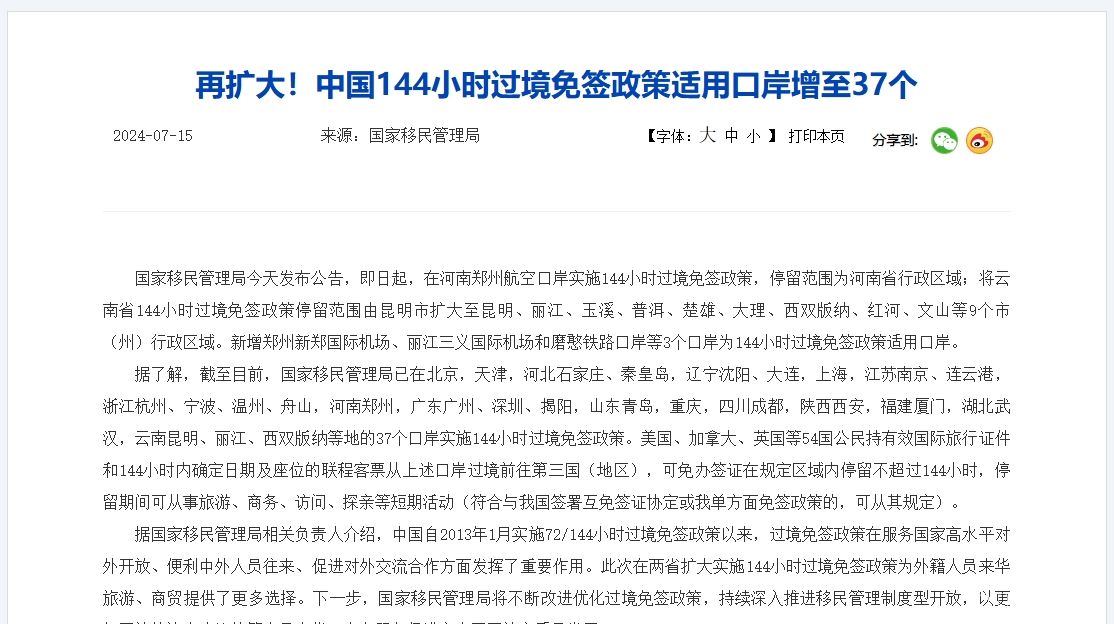Other Regulations More>>
There are many principles that administrative law should follow, which can be roughly divided into three categories based on different levels: political principles and constitutional principles. This is the highest principle of Chinese administrative law, which sets the direction, path, and fundamental nature of the development of administrative law. The second category is the general principles of administrative law, also known as basic principles. This type of principle is located under political and constitutional principles, and refers to all administrative legal norms along with administrative law. The third type implements special principles of administrative law, which are located below the basic principles, arise from administrative law, and guide local administrative legal norms. For example, if administrative litigation is not suspended, the defendant is responsible for the burden of proof.
ProceduralLaw More>>
Procedural law is a procedural law formulated to realize substantive rights and obligations, such as criminal procedure law, civil procedure law and so on. Of course, this division is not absolute. Some procedural issues are often stipulated in substantive law, while there are many provisions on the rights and obligations of litigation subjects in procedural law. Procedural law is the guarantee for the correct implementation of substantive law, and judicial activities are the comprehensive application of substantive law and procedural law.
CriminalLaw More>>
Criminal law is the law that stipulates crimes and penalties. It is the general name of the legal norms that the ruling class in power stipulates which acts are crimes and which criminal penalties are given in the name of the state according to its own will in order to safeguard the interests of its own class.
SocialLaw More>>
Social law is a law designed to protect the rights and interests of special and vulnerable groups in society, also known as labor and social security law. It includes the following normative legal documents: Labor Law, law on the protection of the rights and interests of minors, law on the protection of women's rights and interests, law on the protection of the rights and interests of the elderly, law on the protection of the rights and interests of Returned Overseas Chinese and their relatives, etc.
EconomicLaw More>>
Economic law is a legal department that makes an overall, systematic, comprehensive and comprehensive adjustment to the relationship of socialist market economy. At this stage, it mainly adjusts the economic management relations and a certain range of business coordination relations with various organizations as the basic subjects in the process of social production and reproduction. We should grasp this concept from the following three points: (1) Economic law is the general term of economic legal norms. (2) Economic law is the general name of legal norms regulating economic relations. (3) Economic law regulates a certain range of economic relations. Economic law is the general name of legal norms that regulate social relations in the process of national macroeconomic management. We can't simply think that economic law is the law to adjust economic relations. The civil and commercial law also regulates economic relations.
AdministrativeLaw More>>
The so-called administrative law refers to the general name of the legal norms of the various relations between the administrative subject and the administrative counterpart and the administrative legal supervision subject in the process of exercising administrative powers and accepting administrative legal supervision, as well as the various relations within the administrative subject. Administrative law consists of administrative organization law regulating the establishment of administrative subject and administrative power, administrative act law regulating the exercise of administrative power, administrative procedure law regulating the operation procedure of administrative power, administrative supervision law regulating the supervision of administrative power and administrative relief law. Its focus is to control and standardize the administrative power and protect the legitimate rights and interests of the administrative counterpart. Administrative law is the general term of legal norms regulating administrative relations. Further, administrative law is the general name of legal norms regulating administrative relations, such as administrative organizations, functions and powers, ways and procedures of exercising functions and powers, and supervision over the exercise of administrative functions and powers.
CommercialLaw More>>
Commercial law is the general name of the legal norms regulating the commercial relations between equal subjects. Commercial law is a departmental law juxtaposed and complementary to civil law. Commercial law not only has the profit-making characteristics of adjusting behavior, but also has the principles of strict legality of business subjects. It mainly includes company law, insurance law, partnership law, maritime law, bankruptcy law, bill law, etc.
CivilLaw More>>
Civil law is the general name of the legal norms that stipulate and adjust the personal and property relations between the public and private, legal persons and other illegal organizations with equal subjects. It is an independent legal department in the national legal system, which is closely related to people's life. Civil law includes not only formal civil law (i.e. civil code), but also separate civil laws and civil legal norms in other laws and regulations
Constitution More>>
The constitution is the fundamental law of the country, the general constitution for governing the country and stabilizing the country. It is applicable to all citizens of the country. It is the product of the comprehensive effect of specific social, political, economic, ideological and cultural conditions. It centrally reflects the actual comparative relationship of various political forces, confirms the victory of the revolution and the reality of democratic politics, and stipulates the fundamental tasks and fundamental systems of the country, namely the social system The principles of state system, the organization of state power and the basic rights and obligations of citizens.


